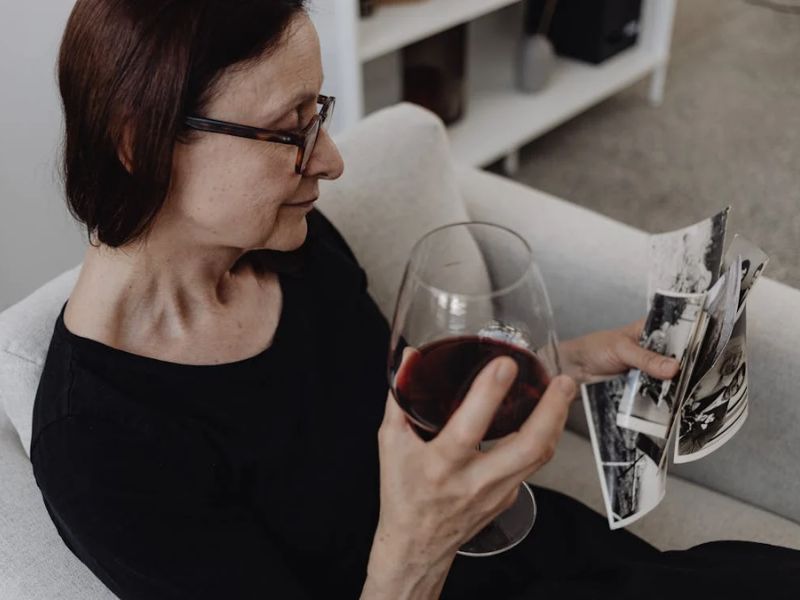The concept of “core memories” isn’t real. Pixar’s “Inside Out” popularized the idea by describing core memories as “crucial times in someone’s life” and those that affect various aspects of one’s personality. Culture zeitgeists retain the concept of core memories way beyond the film.
Quarles Counseling in Virginia Beach’s Anthony Quarles says this phrase resonates with people because of nostalgia. He said that people seem to want to return to simpler times as we grapple with uncertain times. He added that life had been more challenging lately due to the COVID pandemic.
Nicole Dudukovic, the University of Oregon’s director of neuroscience, said that research suggests memories don’t affect our personalities much but contribute to our sense of identity. Thus, memories are often viewed as something that has changed people.

Image Credit: Pexels/Karolina Grabowska
Memories Are Inherently Flawed
No memory we have – good or bad – is perfect. We don’t think about specific, formative memories in the memory world, says Dudukovic. We also don’t remember much from childhood; many‘ core memories’ may have happened then. As we grow up, our memories change, Dudukovic said.
The idea is that the brain reconstructs memories when remembering, but we cannot just retrieve old memories. Memory gives you a glimpse into the past but doesn’t tell the whole story.
Why Are Emotional Memories So Vivid?
Memories are often formed as a result of emotional events. Whenever you experience a particular emotion again, your mind may recall the last time you felt that one.

Image Credit: Pexels/Karolina Grabowska
“Core Memories” Aren’t Always Happy
They can be sad, fearful, or angry. Traumatic memories are often filled with horror and helplessness. Anxiety, flashbacks, nightmares, and nightmares are all signs of trauma.
Ways To Create Core Memories
You can become more likely to remember moments by thinking about them and rehearsing them. Retrieval cues, tools for accessing memories, can also help you create them.